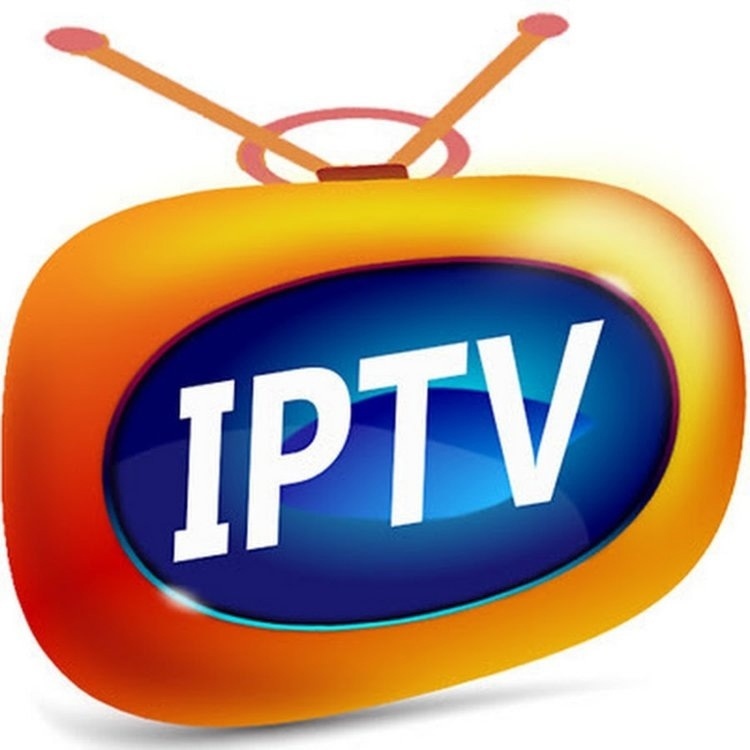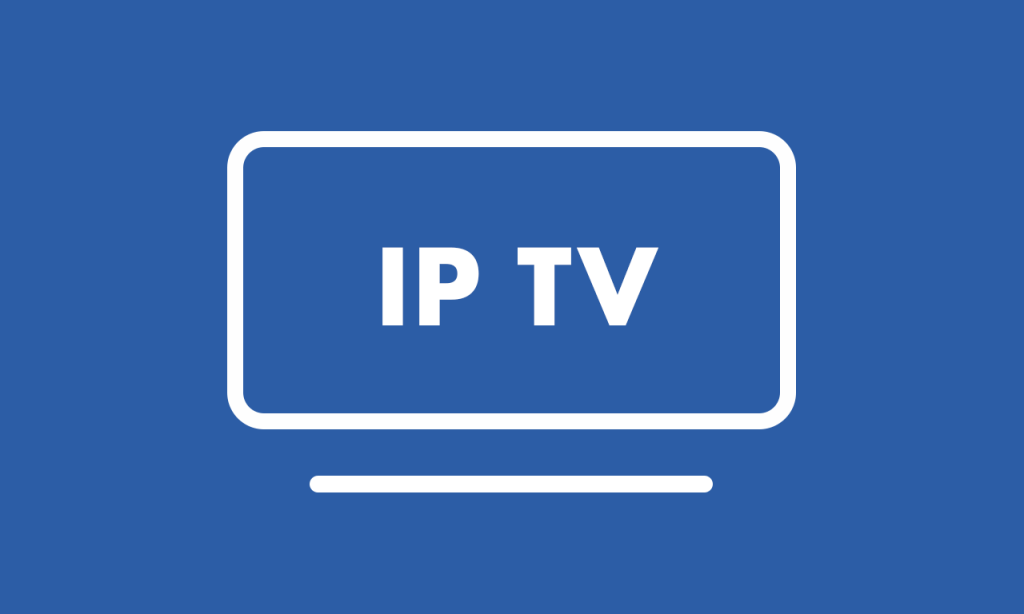Introduction to Why Does IPTV Lag
Explanation of IPTV lag and its impact on streaming quality
Why Does IPTV Lag? IPTV, or Internet Protocol Television, relies heavily on a stable internet connection to deliver high-quality streaming content to users. One of the common issues experienced by IPTV viewers is lag, which can significantly diminish the viewing experience. When lag occurs, users may encounter buffering, freezing, or poor video quality during their streaming sessions. This disruption can be frustrating and impact the overall enjoyment of the content being watched.
Overview of the main factors affecting IPTV lag
Several factors can contribute to lag on IPTV platforms, ultimately affecting the streaming quality. Understanding these key factors is essential for users to address and potentially resolve any lag-related issues they may encounter. The primary factors impacting IPTV lag include:
1. Internet Speed: The speed and stability of the internet connection play a crucial role in determining the quality of IPTV streaming. Inadequate internet speeds can result in buffering and freezing during playback, leading to a subpar viewing experience. To enhance stream quality, users should ensure they have a stable and high-speed internet connection that can support uninterrupted streaming.
2. Network Conditions: Apart from internet speed, the overall network conditions also play a significant role in IPTV lag. Factors such as network congestion, signal interference, and network bandwidth limitations can all contribute to lag issues. Users should consider optimizing their network setup, such as using wired connections instead of Wi-Fi or upgrading their network equipment, to improve streaming quality.
3. Hardware and Device Performance: The performance of the device used for streaming IPTV content can impact lag and streaming quality. Outdated hardware, insufficient RAM, or processor capabilities can result in delays and buffering during playback. Users should ensure that their devices meet the recommended specifications for IPTV streaming to prevent performance-related issues.
4. Server Performance: The efficiency of the IPTV service provider’s servers is another critical factor affecting lag and stream quality. Overloaded servers, server downtime, or inefficient data routing can all impact the smooth delivery of content to viewers. Choosing a reliable IPTV service provider with robust server infrastructure can help mitigate server-related lag issues.
By addressing these key factors that contribute to IPTV lag, users can enhance their streaming experience and enjoy high-quality content without disruptions.
Appropriate Internet Speed
Importance of internet speed in preventing IPTV buffering and freezing
Factual Data states that the top reason for experiencing IPTV buffering and freezing is due to inadequate internet speeds. When users do not have sufficient internet speed, it leads to interruptions in the streaming service, causing frustration and disruption in their viewing experience. Consumers must ensure that they have a stable and high-speed internet connection to entertainment uninterrupted IPTV services.
Popular posts
- IPTV in the US: A Closer Look at the Cutting-Edge Technology
- How to become an IPTV provider US: Start your Business
- IPTV in the USA: The Ultimate Game-Changer for Television
- StaticIPTV Reviews: The Real Deal | StaticIPTV.us
- Best IPTV Service Providers in the USA
- Exploring the Benefits of Static IPTV: A Comprehensive Overview
- IPTV Subscription in the USA : Unlock Your TV | StaticIPTV.us
Recommended minimum internet speed for optimal IPTV viewing
The recommended internet speed for optimal IPTV viewing is crucial in delivering a smooth and seamless streaming experience. According to industry standards, users should have a minimum download speed of 7-10 Mbps and an upload speed of 1-3 Mbps. These speeds are necessary to support the bandwidth requirements of IPTV services and prevent buffering or freezing issues while streaming content. By adhering to these recommended speeds, users can enhance their viewing experience and avoid disruptions during their IPTV sessions.
Server Performance
Role of server performance in IPTV streaming quality
When it comes to IPTV streaming quality, the performance of the server plays a crucial role. The server is responsible for delivering the content to the viewers, and if it is not optimized or functioning well, it can lead to buffering and freezing issues. Users may experience interruptions in their streaming sessions due to server congestion or slow response times. Therefore, ensuring that the IPTV service provider has a reliable and high-quality server infrastructure is essential for a seamless viewing experience.
How server tests and channel adjustments can improve IPTV service?
To enhance IPTV service quality, conducting server tests and making necessary channel adjustments are vital steps. By regularly testing the server’s performance, providers can identify any bottlenecks or inefficiencies and take corrective actions to improve overall streaming reliability. Additionally, adjusting channel settings, such as bitrates and resolutions, can optimize the viewing experience for users with varying internet speeds. These proactive measures can help minimize buffering issues and ensure consistent streaming performance for IPTV users.
Network Connectivity
Impact of low internet speed on channel loading and buffering time
Insufficient internet speed not only affects the loading speed of channels but also significantly increases buffering time during IPTV streaming. Users may experience delays in channel loading and constant interruptions in playback due to the limited bandwidth provided by slow internet connections. This emphasizes the importance of having a stable and high-speed internet connection to ensure a seamless viewing experience without disruptions.
How suppliers address and resolve network connectivity issues?
Suppliers in the IPTV industry prioritize addressing network connectivity issues to enhance the quality of service provided to users. One common approach taken by suppliers is conducting server tests and channel migrations to optimize server performance for better connectivity. By continuously monitoring and adjusting server configurations, suppliers can mitigate network connectivity issues and improve the overall streaming experience for customers. Additionally, suppliers also assist customers in troubleshooting their internet speed concerns and recommend suitable speeds to eliminate buffering and freezing problems during IPTV streaming sessions.
Audio/Video Codecs
Significance of audio and video codecs in IPTV streaming quality
The choice of audio and video codecs plays a crucial role in determining the quality of IPTV streaming services. Codecs are responsible for encoding and decoding audio and video data, optimizing file sizes without compromising quality. By selecting efficient codecs, IPTV providers can deliver high-definition content seamlessly, ensuring a superior viewing experience for customers. Compatibility and support for various codecs are essential to cater to a wide range of devices and ensure smooth playback across different platforms.
How codecs affect the viewing experience and potential lag?
The selection of appropriate audio and video codecs directly impacts the viewing experience of IPTV users. Inadequate or outdated codecs may result in compatibility issues, leading to playback errors, distorted visuals, and audio disruptions. Moreover, inefficient codecs can cause lagging or buffering during streaming, affecting the overall viewing quality. To prevent such issues, IPTV service providers need to stay updated with the latest codecs and technologies, ensuring optimal streaming performance across all devices. By employing advanced codecs and encoding techniques, providers can enhance the viewing experience and minimize potential disruptions for their subscribers.
Device Compatibility
The relationship between device compatibility and IPTV lag
Device compatibility plays a crucial role in determining the smoothness of IPTV streaming. Using devices that are not compatible with the IPTV service can result in lags, buffering, and freezing issues during playback. When the device lacks the necessary specifications or software support to handle the IPTV data efficiently, it can lead to disruptions in the streaming experience. Customers may encounter delays in channel loading and interruptions in playback due to compatibility issues between the device and the IPTV service.
How using compatible devices can prevent streaming issues?
To ensure an uninterrupted IPTV streaming experience, customers are advised to use devices that are compatible with the service requirements. Compatible devices should meet the minimum hardware and software specifications recommended by the IPTV provider to deliver optimal performance. By utilizing compatible devices, users can avoid buffering and freezing problems that commonly arise from device incompatibility issues. Choosing the right device for IPTV streaming enables customers to enjoy seamless channel loading, smooth playback, and an overall enhanced viewing experience.
Bandwidth Allocation
Importance of bandwidth allocation in maintaining smooth IPTV streaming
Bandwidth allocation is a critical factor in ensuring a seamless IPTV streaming experience. Adequate bandwidth is necessary to support the transfer of data packets required for streaming high-quality video content. When insufficient bandwidth is allocated for IPTV delivery, users may experience buffering, freezing, or low-quality playback. To maintain a smooth streaming experience, it is essential to allocate sufficient bandwidth to accommodate the traffic generated by IPTV services.
Optimizing bandwidth for a seamless viewing experience
Optimizing bandwidth allocation is key to providing viewers with a seamless IPTV experience. By prioritizing IPTV traffic and allocating appropriate bandwidth levels, service providers can prevent buffering delays and ensure consistent playback quality. Implementing Quality of Service (QoS) mechanisms can help allocate bandwidth more effectively, giving preference to time-sensitive IPTV traffic over other data types. By optimizing bandwidth allocation, service providers can enhance the overall viewing experience for their customers.
External Interference
Factors causing external interference and disrupting IPTV service
External factors like weather conditions, interference from other electronic devices, and physical obstructions can significantly impact the internet connection and lead to buffering or freezing while streaming IPTV content. Weather fluctuations such as heavy rains or storms can disrupt the signal strength, affecting the quality of the streaming service. Additionally, electromagnetic interference from nearby electronic devices can cause signal interference, resulting in interruptions during playback. Physical obstacles like thick walls or distance from the router can weaken the Wi-Fi signal, leading to poor streaming performance.
Recent Posts
- Best IPTV Service for Movies, Sports & More | StaticIPTV.us
- IPTV Suppliers: Where to Get Reliable Service | StaticIPTV.us
- IPTV Reviews 2025: Best Services Compared | StaticIPTV.us
- 4K Live IPTV: Smooth & Crisp Streaming | StaticIPTV.us
- Best IPTV 2025: Top Services for All Devices | StaticIPTV.us
- IPTV 4K: Watch Ultra HD Content Seamlessly | StaticIPTV.us
- IPTV M3U Taiwan Playlist: Free Channels 2025 | StaticIPTV.us
Ways to identify and eliminate sources of interference for better streaming
Users experiencing buffering issues should consider certain steps to identify and eliminate sources of interference for improved IPTV streaming. Conducting a speed test to check the internet connection strength can help determine if external factors are affecting the streaming quality. Moving the router to a central location in the house, away from other electronic devices, can reduce interference and enhance signal stability. Installing Wi-Fi extenders or boosters can also help amplify the signal strength in areas with poor connectivity due to physical obstructions. Regularly checking for firmware updates and optimizing the router settings can further improve the overall streaming performance by minimizing external interference issues.
Conclusion
Summary of the main factors affecting IPTV lag and streaming quality
External factors like weather conditions, interference from other electronic devices, and physical obstructions are key contributors to buffering and freezing issues experienced while streaming IPTV content. Weather fluctuations such as heavy rains or storms can disrupt signal strength, while electromagnetic interference from nearby devices and physical obstacles like thick walls can weaken Wi-Fi signals, leading to poor streaming performance.
Tips for optimizing IPTV performance and minimizing lag
To enhance IPTV streaming quality, users can take certain steps to mitigate external interference. Conducting regular speed tests to assess internet connection strength helps in identifying issues. Moving the router to a central location away from electronic devices, utilizing Wi-Fi extenders or boosters, and ensuring firmware updates and router optimizations are essential measures to improve overall streaming performance by minimizing external interference issues. Regular maintenance and awareness of potential sources of disruption can significantly enhance the IPTV viewing experience.


